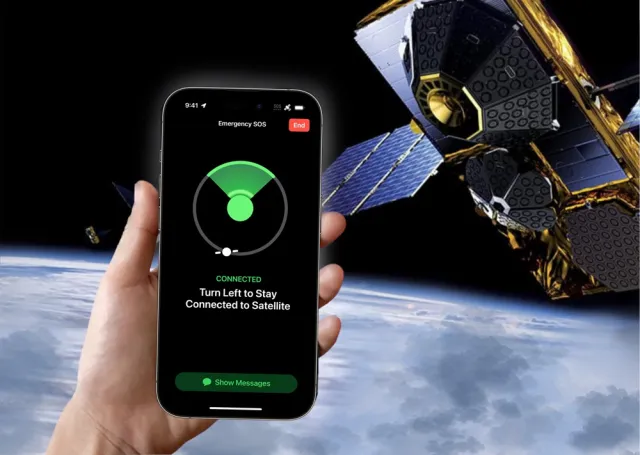Apple has made a significant move by acquiring a 20% stake in satellite provider Globalstar. The company has invested $1.5 billion to enhance iPhone connectivity in remote areas that lack traditional cellular service.
This partnership with Globalstar, which operates 48 low-Earth orbit (LEO) satellites along with four spares, allows iPhones to connect in places without cellular networks. This initiative positions Apple as a serious player in the satellite communication field.
This investment highlights Apple’s ambition to create a seamless global network. It will enable iPhone users to access emergency services and maintain connectivity even in the most isolated regions.
The satellite feature first launched with the iPhone 14, has already improved emergency response options for users in off-grid areas. With this significant investment, Apple is looking to further enhance satellite capabilities.
It will potentially introduce new satellite-based features in the next generation of iPhones. The announcement has also sparked renewed interest in Tesla and SpaceX’s rumored plans for satellite-enabled smartphones.
There is speculation of having a ‘Pi Phone’. It is a device that could leverage SpaceX’s Starlink network for global connectivity. Although Tesla has not confirmed any smartphone plans.
The technological groundwork is already laid, with SpaceX’s Starlink constellation providing internet access to remote regions worldwide. Such a development could enable Tesla to offer strong satellite communication options and compete with Apple’s expanding satellite initiatives.
As Apple makes this bold investment, the wider tech industry is taking notice. Competitors like Google, Samsung, and possibly Tesla are expected to either increase satellite partnerships. They will also create their own solutions to keep pace with this rapidly changing landscape.





